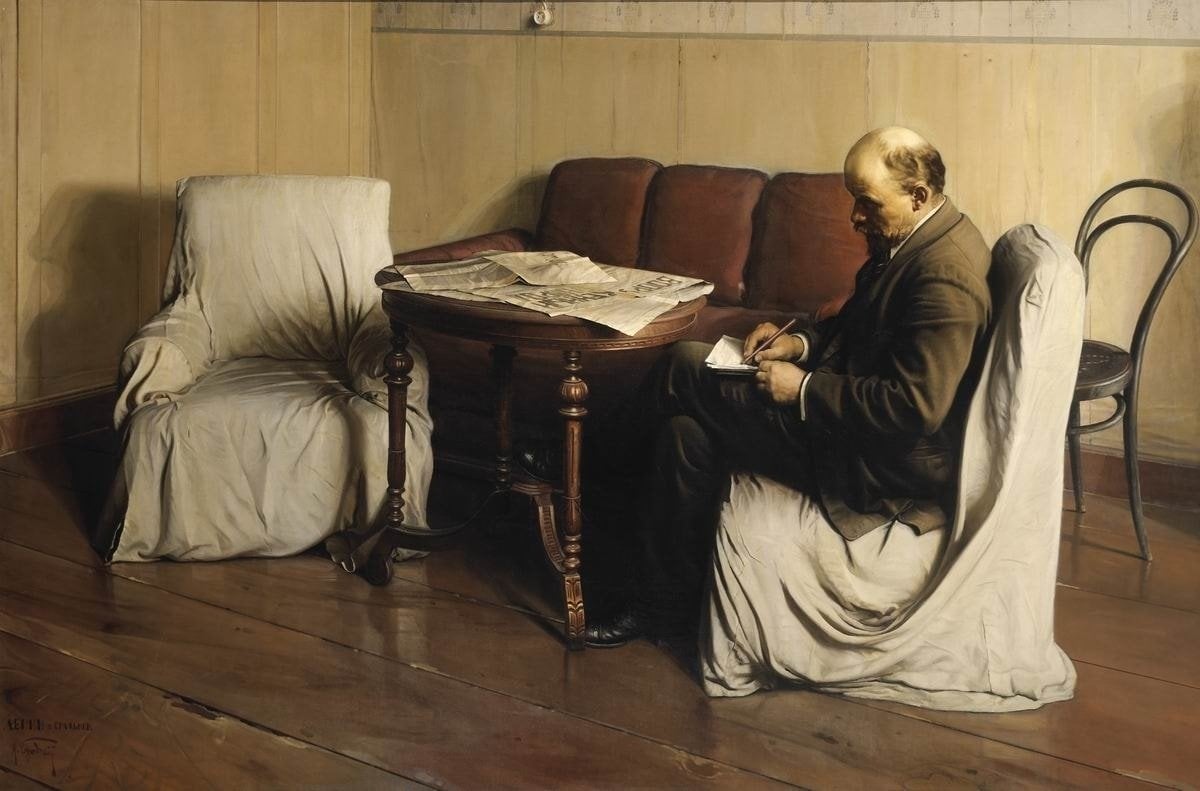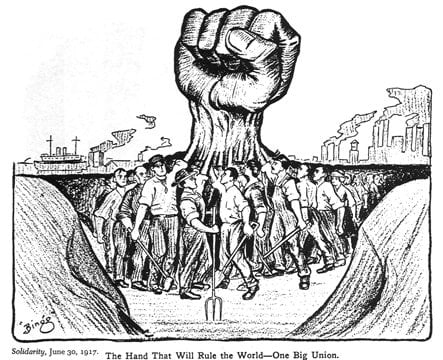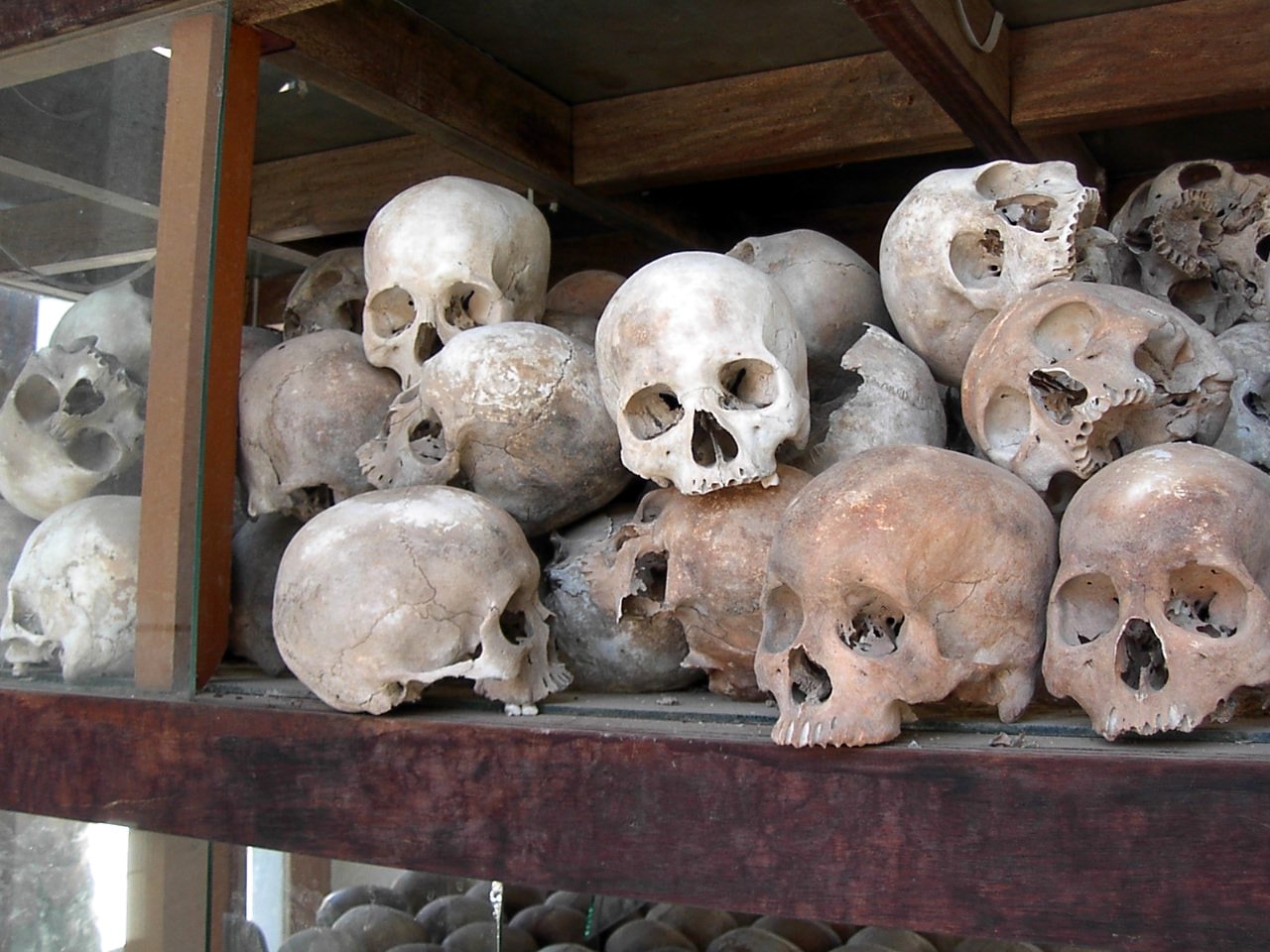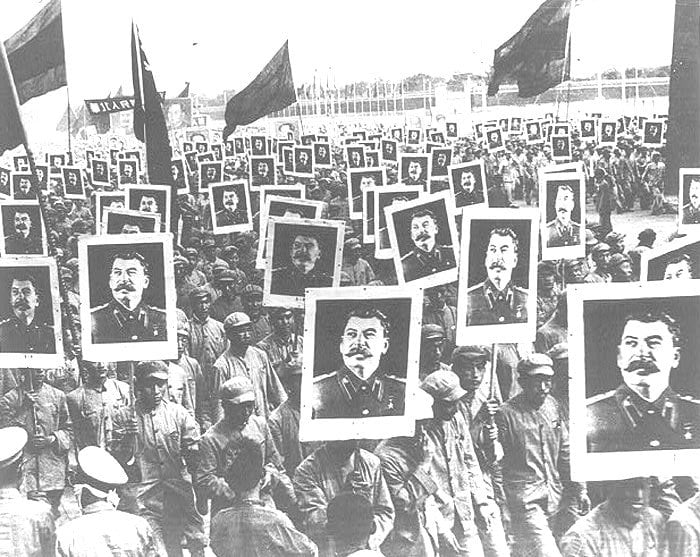What problems or discontent were present in Russia and China that caused them to turn to communism?
Communism is considered to be one of the about longeval political and economic ideologies in the history of humanity.
From a historical point of view, communism isn't a doctrine belonging to modern society. In fact, Karl Marx described the concept of archaic communism when he discussed hunter-gatherer societies. The idea of a gild founded on social egalitarianism can be traced back to Ancient Greece and later to the Christian Church, which further reinforced the concept of shared holding.
Modern communism, equally we've come to know it, was born in 19thursday century Russia, when Karl Marx and Friedrich Engels further refined the meaning of the word and wrote the ideological trunk of communism in a pamphlet entitled The Communist Manifesto.
The story, which would shape modern history, began in 1917 when Lenin and the Bolshevik Party rose to power afterwards seizing the window of opportunity created past the October Revolution.
From that moment, Russia ceased to be a monarchy and became a country that mirrored the credo of Marx, Engels, and Lenin. Although communism is not limited to Europe, the grasp and the struggle for authorization felt stronger than ever on this continent, as the Soviet bloc strived to gain the upper-mitt in the fight against Commonwealth.
In 1991, the Soviet Union disbanded, and the state constituted itself as a semi-presidential republic, where the president is considered the caput of state. Currently, the Russian Federation is a autonomous state represented by multiple parties.
Why did communism fail in the first identify?
Hither are the ten plausible reasons that led to the disbandment of the Soviet Union and, after, to the downfall of the communist doctrine in Europe.
i. Creativity was non a priority in the communist society

By default, a communist state, such as the Soviet Union, valued utilitarianism above everything else. This meant that every action performed within the land had to have a palpable ending. Artistical endeavors such as poetry, sculpture, and painting, were not considered a good means of making a living.
Moreover, fifty-fifty the artistical drive was measured and controlled by a censorship committee, whose job was to determine if the work of an artist can really serve the state or not. The arts ordinarily entail a gratuitous way of thinking, something that did non go well with the Party.
The simply creations published after passing the censorship committee were those that hailed the accomplishments of the Communist Party or those that encouraged others to believe in ideological utopias such as the course struggle or the supremacy of communism over capitalism.
Artists and thinkers alike who did non conform to the Party's view were often persecuted and even faced charges of loftier treason.
2. Collectivization

Collectivization is some other way of saying that private farming was not immune. The forcefulness collectivization police force was a doctrine enforced through Soviet Russia betwixt 1928 and 1940, which coincided with Stalin's rise to power.
With the manufacture taking off, the land needed food to support the ever-increasing mass of factory workers. At the beginning of 1930, more 90 percentage of the farms were conscripted in the collectivization program, which meant that all the items produced on a farm will be every bit distributed among the population.
In other words, collectivization was another way of denying the right to private belongings, a doctrine which was adopted in the hope of optimizing the food production manufacture.
Naturally, the doctrine has been refuted by many farm owners who criticized the party views. Unfortunately, Stalin and the communist regime eliminated all those who opposed forced collectivization.
Similar actions were taken by other communist leaders, who wanted to demonstrate the Party was the bearer of truth.
3. Lack of Rights

In communism, individualism makes room for the commonage. Ethics like freedom of speech were considered dangerous to the Communist party. The forced collectivization act and the lack of artistic liberty are just two examples of how communism chose to circumvent some of the fundamental human being rights.
Of class, all civil rights were negated in the hope of establishing a club that functioned like a Swiss clock, without whatsoever deviation and to create a man that worked without questioning his office or place.
iv. Adaptation was overrated
I of the main reasons why communist ideology ceased to be is because it was not able to adapt to outside weather. Sure forms of communism, like the one good in Prc, managed to survive this long considering it was able to react to outside stimuli such as the global economy and social changes.
On the other manus, the Soviet Union faced the thought of dissolution from the moment it decided to close its optics to what happens beyond its borders.
5. Lack of innovation

Innovation is one of the nigh important aspects that offers cohesion to society. Without change, society will fall prey to archaic practices. Equally a closed society, the Soviet Union focused more on product than actual innovation, an action that led to its early demise.
half dozen. Poor economic calculation
The economy dictates that the price of a product is formed when the offer meets demand. Also, there are other fiscal mechanisms used to determine prices and to regulate competitiveness on the global market.
On the other hand, the communist doctrine idea that the merely manner of distributing wealth was to form a so-called command economic system, an organism that would determine how the resources should be spent.
Naturally, this blazon of economy volition substantially increase the disparity betwixt those who were in charge and the layman.
There are countless aspects which pointed out that this flawed system impeded the Soviet Marriage to manage its resources.
7. Mass Murder

From the rise of the Khmer Rouge group in Kingdom of cambodia to Stalin's rise to power, the history of communism is riddled with tales of atrocities committed against those who did not encompass the communist doctrine.
Famine, mass executions, overwork, are tools of the trade which shaped the communism blood-thirsty demeanor.
8. Utopianism
In the end, the society envisioned by Marx, Engels, Lenin, Stalin and others is just a utopia, making communism the grandest and most dramatic social experiment e'er performed by humankind. From the lack of rights to obsessive control, communism was like a fourth dimension flop ready to explode at any moment.
nine. Incentives
The communist society founded on equality states that regarding remuneration, a factory worker earns as much as a neurosurgeon. Furthermore, people performing tougher jobs life working in the ER or handling a nuclear reactor did not receive incentives for their work, considering that would anger the ordinary worker.
Without incentives, people performing tougher jobs will non be motivated plenty to piece of work ameliorate or to introduce.
ten. Grounded on Tyranny

Like any despotical regime, communism was founded on tyranny, which entails the apply of terror and fright as tools to command the crowd. History has proven on many occasions that every society based on oppression has rebelled confronting the regime.
What is your opinion on this? Why did communism fail, according to you? Feel complimentary to share your thoughts in the comments below!
Images via WikiMedia.org
- Author
- Recent Posts
![]()
Copyright © 2012-2022 Learning Mind. All rights reserved. For permission to reprint, contact us.

Source: https://www.learning-mind.com/why-did-communism-fail/
0 Response to "What problems or discontent were present in Russia and China that caused them to turn to communism?"
Post a Comment